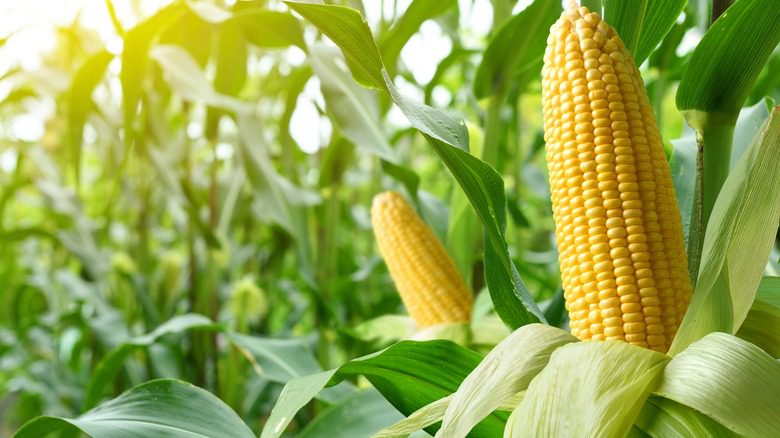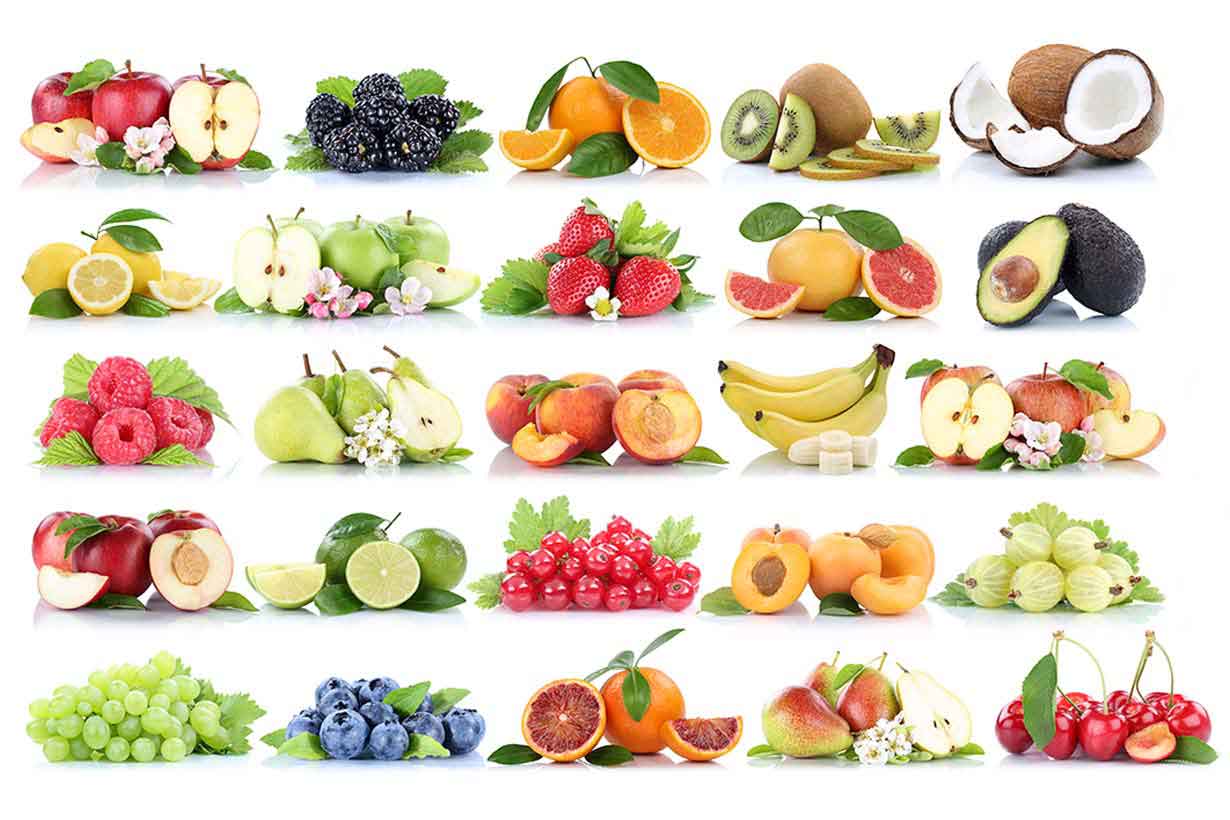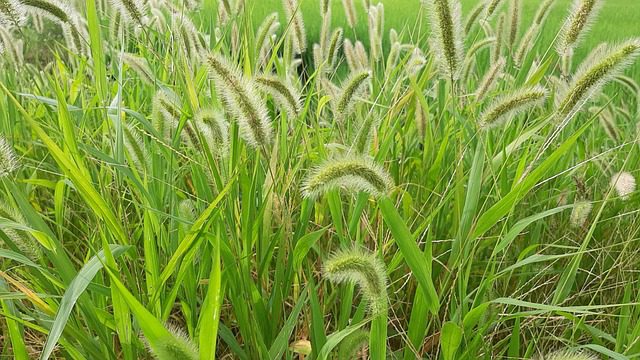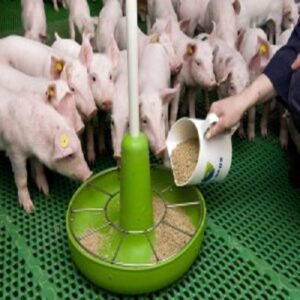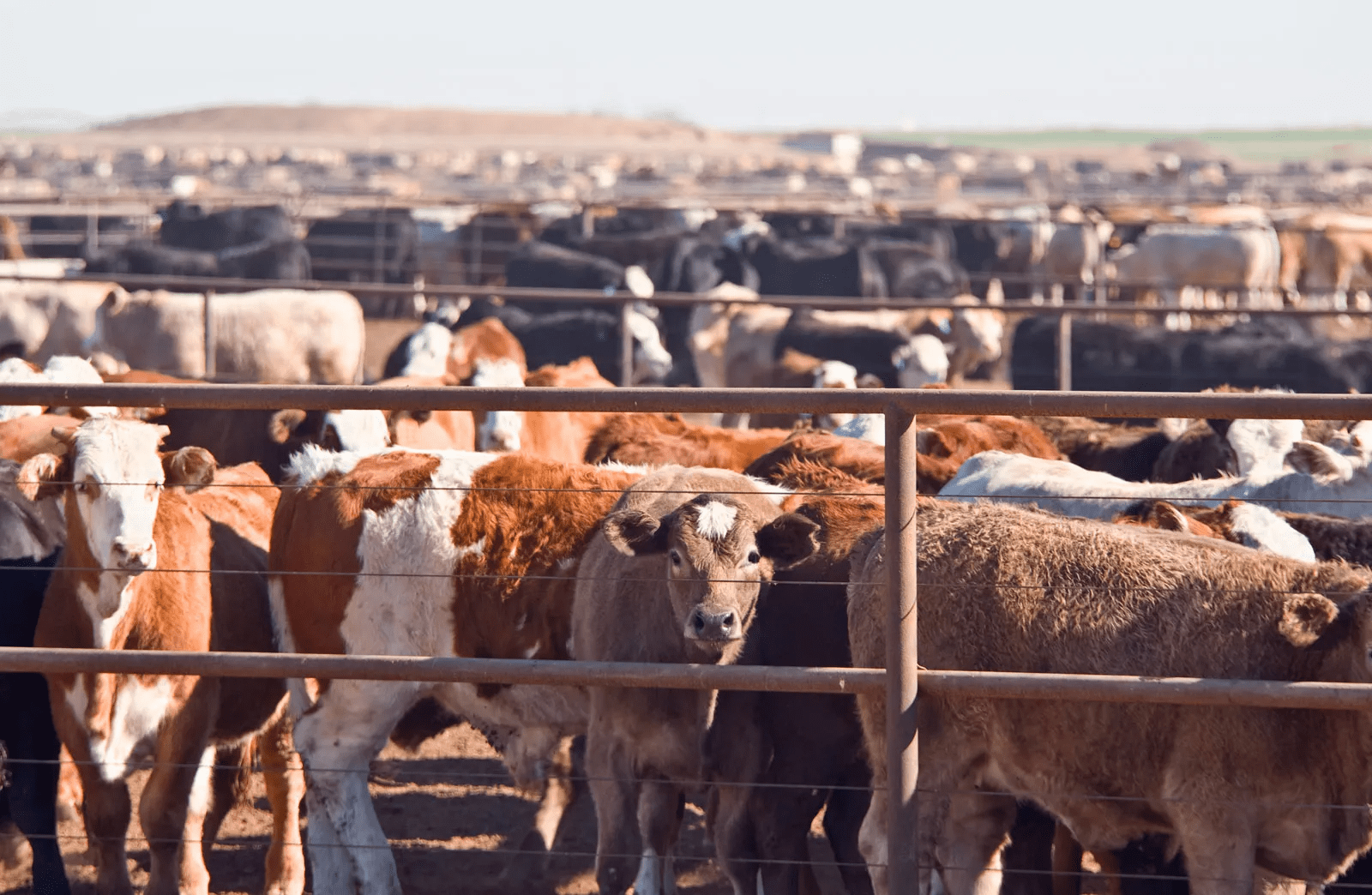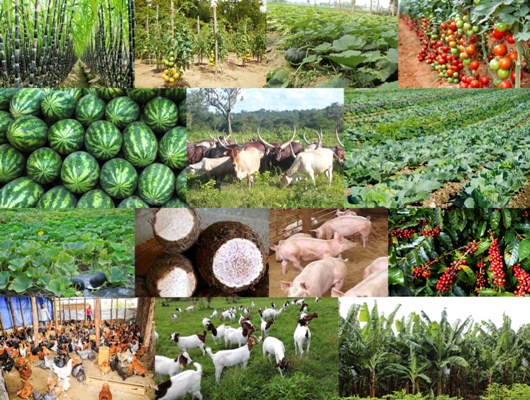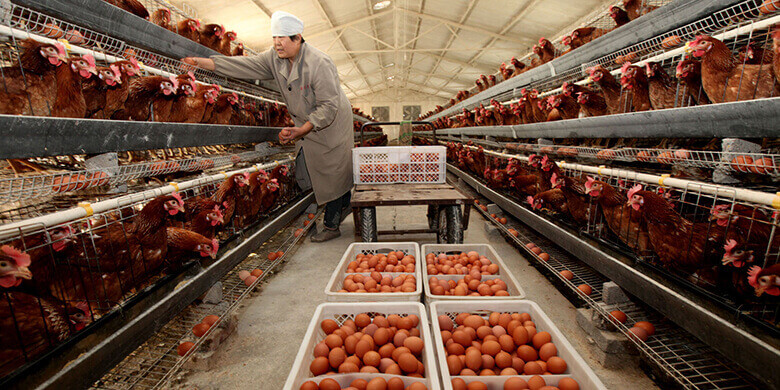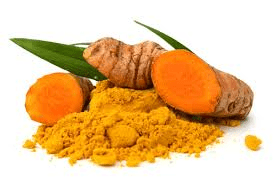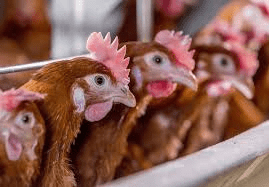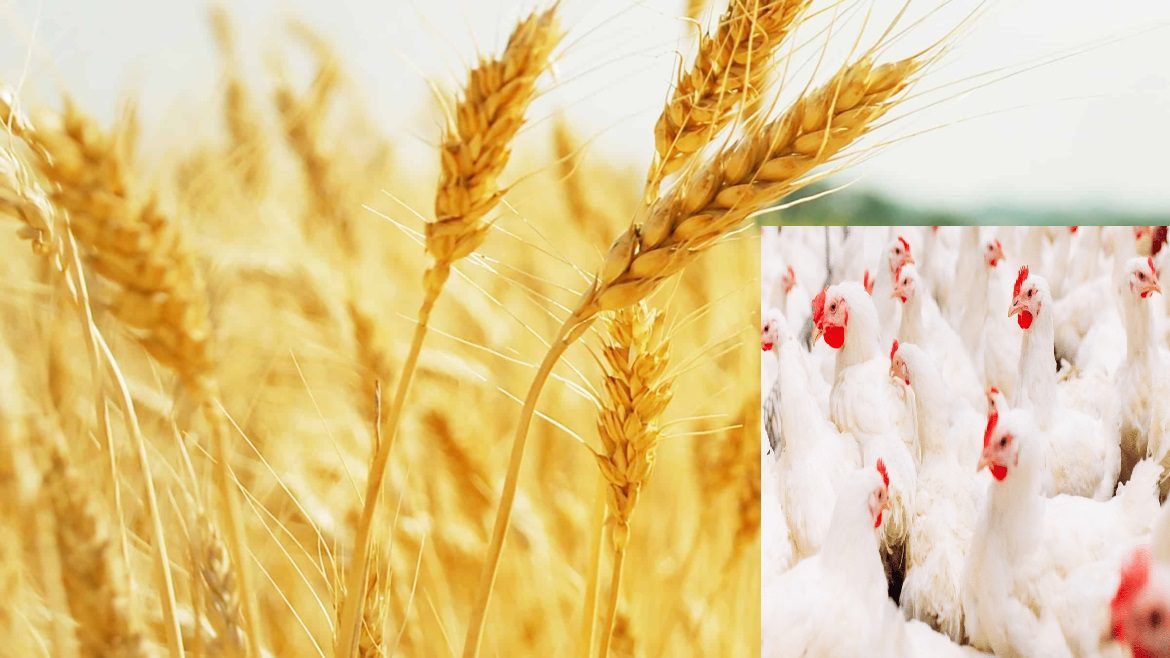
Agric4Profits.com – Your Comprehensive Practical Agricultural Knowledge and Farmer’s Guide Website…
It’s All About Agriculture – The Way Forward!
Browse Our Categories
Free Consultancy for African Women (Let’s Feed Africa!)
Free Agricultural Consultation Form
Testimonials
Agric4Profits TV
Check out the latest videos from Agric4Profits TV here....

Most Satisfying Farming Videos – Harvesting Crops Like Never Before!
Immerse yourself in the tranquil world of agriculture with “Most Satisfying Farming Videos – Harvesting Crops Like Never Before!” 🌾✨ This video showcases breathtaking high-definition footage of harvesting crops and… Read More

How to Start a Profitable Farm with No Money!
Discover how to kickstart your farming journey with absolutely zero money in our engaging educational guide! In “How to Start a Farm with ZERO Money,” we’ll show you step-by-step methods… Read More

From Broke to Rich: How This Farmer Became a Millionaire!
Imagine turning a small farm into a million-dollar empire. Sounds impossible? Well, this farmer did it! In our latest video, we dive into the inspiring journey of a resilient farmer… Read More

10 Most Profitable Farming Businesses You Can Start!
Discover the lucrative world of agribusiness with “10 Most Profitable Farming Businesses You Can Start!” 🌱If you’re eager to dive into farming but unsure which path to take, this video… Read More

How to Start a Chicken Farm and Make Millions!
Unlock the secrets to starting your own chicken farm and turning it into a profitable venture! In this engaging guide, we take you through every step of the journey—from choosing… Read More

10 Insane Farming Machines You Need to See!
Discover the future of agriculture with “10 Insane Farming Machines You Need to See!” From self-driving tractors to cutting-edge vertical farming systems, this fast-paced video showcases the incredible technology revolutionizing… Read More
Latest Posts

10 Healing Powers of Turmeric (Curcuma longa)
Turmeric (Curcuma longa) is an extremely powerful and multipurpose herb, it is also an anti-inflammatory herb used in treating many varieties of ailments. However, turmeric as a powerful medicinal herb… Read More

Ways of Preparing Plantain Suckers for Planting
Plantain suckers are separated from their mother plant with a spade or machete. The sucker corm must not be damaged or chipped. Consequently the corm should be carefully peeled with… Read More

Methods of Planting Plantain Suckers (PPS)
Plantain suckers are planted immediately after field preparation. Plant holes are prepared with a minimum size of about 30 cm x 30 cm x 30 cm. Care should be taken… Read More

Signs to Know that your Layers Chicken are Old or Tired and What to do
Today we are going to be discussing about those signs that will make you understand that your laying birds or egg laying chickens popularly referred to as layers are old… Read More

Best Plantains Planting Period (PPP) for Higher Yield
Plantains can be planted throughout the rainy season. However, they should grow vigorously and without stress during the first 3 to 4 months after planting, and therefore they should not… Read More
Complete List of Rare Wild Cats
Wild cats are members of the Felidae family and include a variety of species that live in different regions around the world. Some well-known wild cats include lions, tigers, leopards,… Read More

Weed Management on Plantain Cultivation
Weed is the major constraint to tropical crop production which makes weed management very important if you want to obtain a maximum yield from your plantain farm. Weeds can be… Read More

Plantain Propping: Importance and Methods
The heavy weight of the plantain bunch bends all bearing plants and can cause doubling (pseudo stem breaks), snap- off (corm breaks, leaving a part in the ground) or uprooting,… Read More


